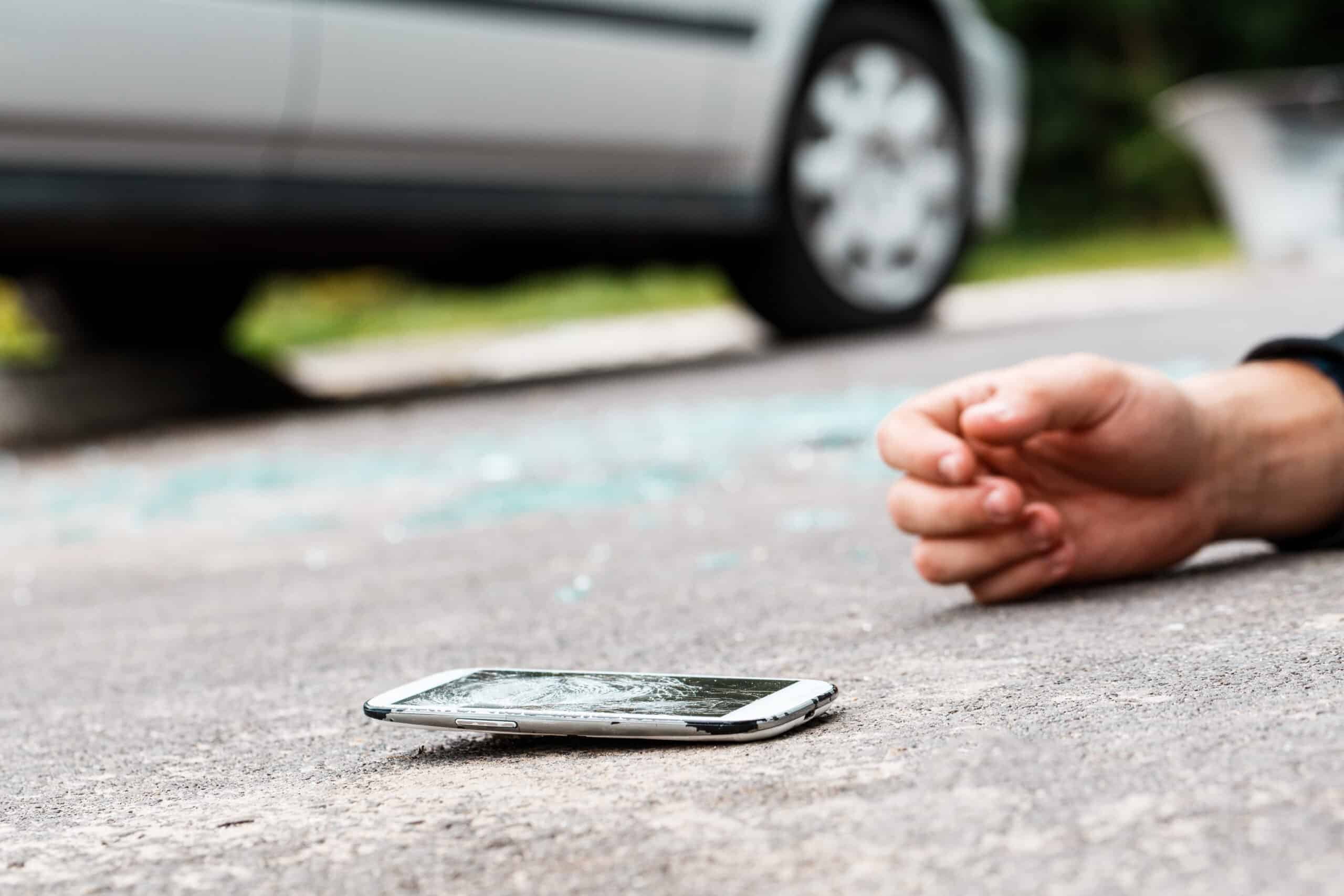Do the Police Have the Right to Search My Vehicle?
The Fourth Amendment of the United States Constitution protects citizens from unreasonable search and seizure. This amendment provides context for what is legally allowed by law enforcement and encourages searches to be done with a warrant. However, like most laws, there are certain exceptions to this where it is permissible for law enforcement to search your vehicle, with or without your consent.
What Circumstances Allow My Vehicle to Be Searched Without a Warrant?
There are several instances when a warrant is optional to secure before a vehicle is searched.
Probable Cause
One way that law enforcement may bypass a warrant is with probable cause. Probable cause is when there is reasonable belief that your vehicle contains evidence of a crime, contraband, or other items that are subject to seizure. For example, if, following a traffic accident, an officer smells alcohol or marijuana from a driver or a vehicle, then it would be reasonable to assume that the driver was operating the vehicle while under the influence.
Incident to Arrest
Another way that a vehicle may be searched without a warrant is as an incident to arrest. Using the example from above, following the arrest of an intoxicated driver, an officer would search the vehicle to secure what is now an active crime scene. This should only be done if there is a reasonable belief that the driver may access the vehicle at the time of the search or if the vehicle contains evidence of the arresting offense.
Plain View Doctrine
The plain view doctrine allows law enforcement to search a vehicle or person if offending items are in plain and clear public view. An example of the plain view doctrine would be if a vehicle is involved in an accident and the responding officer sees a bottle of alcohol or evidence of drugs or other paraphernalia. This would be sufficient cause for the vehicle to be searched without a warrant.
Consent
Following an accident, you may choose to allow law enforcement to search your vehicle. When consent is volunteered, no warrant is needed. It is important to note that even when the search is voluntary, any evidence found during the search can be used against you. Also of note, your consent cannot be coerced, threatened, or otherwise forced. If an officer asks you if you consent to a vehicle search, you may reply in the negative, and this will keep a search from occurring without other additional perpetuating circumstances.
Can My Vehicle Be Searched While Impounded?
When a vehicle is impounded, officers are entitled to search the vehicle without a warrant as a part of cataloging inventory. This is done to ensure that all of the owner’s possessions are documented and can be returned when the vehicle is retrieved. The process can involve opening locked compartments or containers, and anything found can be used against you. Law enforcement is not permitted to impound your vehicle without a legitimate reason. Some of those reasons are:
- Legal violations or unresolved citations: examples include driving without a valid license or outstanding tickets.
- Vehicle as evidence: a vehicle may be impounded if it is evidence of a crime. For instance, if it was used in a hit and run.
- Public safety concerns: improperly parked or abandoned vehicles that may pose a safety hazard or traffic obstruction.
- After an accident: significantly damages vehicles that cannot be safely driven.
- The arrest of the driver: when the driver is arrested, and there is no one able to drive the vehicle safely
Any incriminating evidence found during an inventory search may be challenged in court, depending on whether the search was conducted according to standard procedures.
Can Vehicle Occupants be Searched?
Vehicle occupants are extended the same Fourth Amendment protections against unreasonable searches and seizures. The right to search a vehicle is not automatically extended to the belongings, body, or clothing of occupants. However, there are exceptions that are similar to the vehicle search exceptions. One exception is a part of the incident to arrest following a lawful detainment. Another exception is the authority to conduct a “stop and frisk” if officers have reasonable suspicion that the individual is either carrying a weapon or poses a safety threat.
Can a Police K-9 Trigger a Vehicle Search?
The United States Supreme Court deems that the use of a trained police dog to sniff the exterior of a vehicle generally does not qualify as a search of the vehicle under the Fourth Amendment.
That means that a police canine may sniff the exterior of a vehicle without a warrant or consent. If the police dog alerts the officer to the presence of narcotics, this would provide the officer with probable cause to search the vehicle without a warrant. However, the canine must be used only in legally justified circumstances.
Do I Need an Attorney?
If you or a loved one have been involved in a car accident and believe that your vehicle may been searched without probable cause, you do not want to take on this fight alone. Here at Tehrani Law, LLC, we are prepared to fight on your behalf for your rights. Call us today at 303-973-6510 or fill out a contact form for a free consultation.

 301-973-6510
301-973-6510 Email Us Now
Email Us Now




